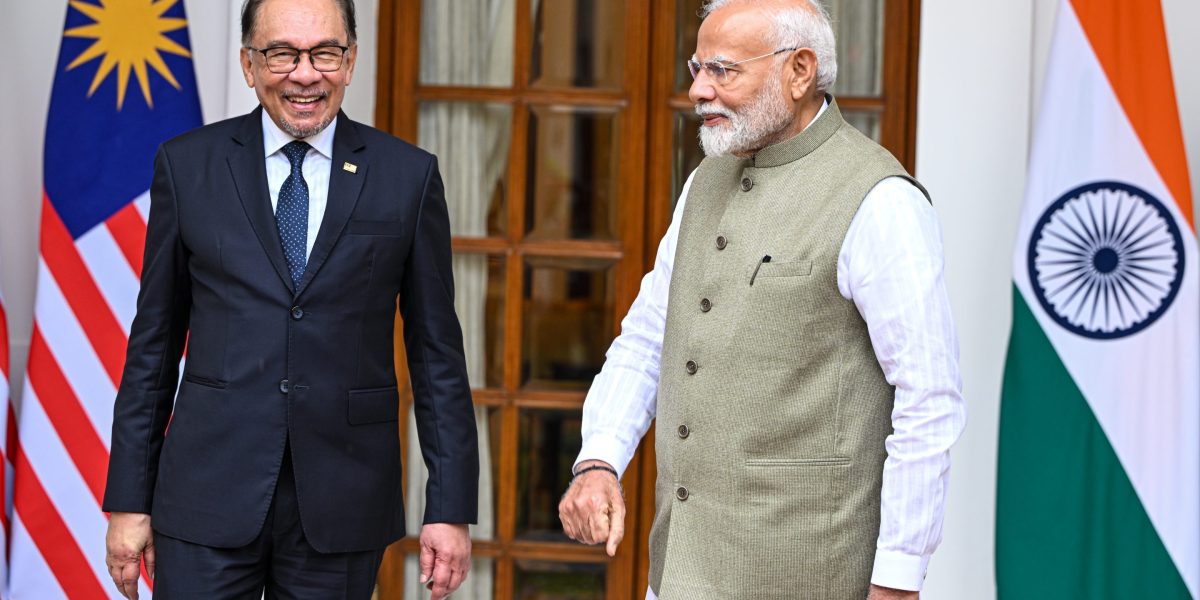BRICS—originally made up of just Brazil, Russia, India, China and South Africa—is going to need a new name.
After not adding any new members for 13 years, the non-Western international group welcomed Egypt, Ethiopia, Iran, Saudi Arabia and the United Arab Emirates last August. The floodgates have since been opened: In February, South Africa foreign minister Naledi Pandor claimed that over 30 nations now want to join the international group.
Malaysian Prime Minister Anwar Ibrahim has been vocal about wanting to join the bloc, lobbying Russian, Chinese and, just this week, Indian officials about Malaysia’s application. Thailand also submitted a formal application to join the bloc last June, and officials hope that the Southeast Asian country will be able to join the BRICS summit in Russia this October.
BRICS, which traces its name to a Goldman Sachs report in 2001, has long struggled to find an economic or geopolitical purpose, as its member countries have little in common besides being large and non-Western.
But in recent years, the bloc is increasingly trying to position itself as the voice of the so-called Global South, a term used to describe post-colonial developing economies. It’s an argument that’s picked up steam since Russia’s invasion of Ukraine in 2022, which brought geopolitics back to the fore and highlighted the power of the U.S. in the global economic system.
“For some countries, BRICS can be a counterweight against U.S. economic hegemony,” Rahman Yaacob, a research fellow in the Southeast Asia program at the Lowy Institute, says.
Joining the bloc could also be a way to hedge politically, as the intensifying rivalry between Washington and Beijing risks splitting the world into two opposing groups.
“If the world is going to break into blocs, being in beats being out,” Deborah Elms, head of trade policy at the Hinrich Foundation, says.
Why do Malaysia and Thailand want to join BRICS?
China is already the largest trading partner for Malaysia and other Southeast Asian countries and is also the largest source of developmental aid for a few countries in the region, notes Rahman.
For Malaysia’s Anwar, joining BRICS could be a way to secure trade deals or investments for the Southeast Asian country.
“The intention to join BRICS could prompt Western countries to enhance their investments in Malaysia, or even encourage [Malaysia] to consider applying for membership in Western-aligned…
Click Here to Read the Full Original Article at Fortune | FORTUNE…


